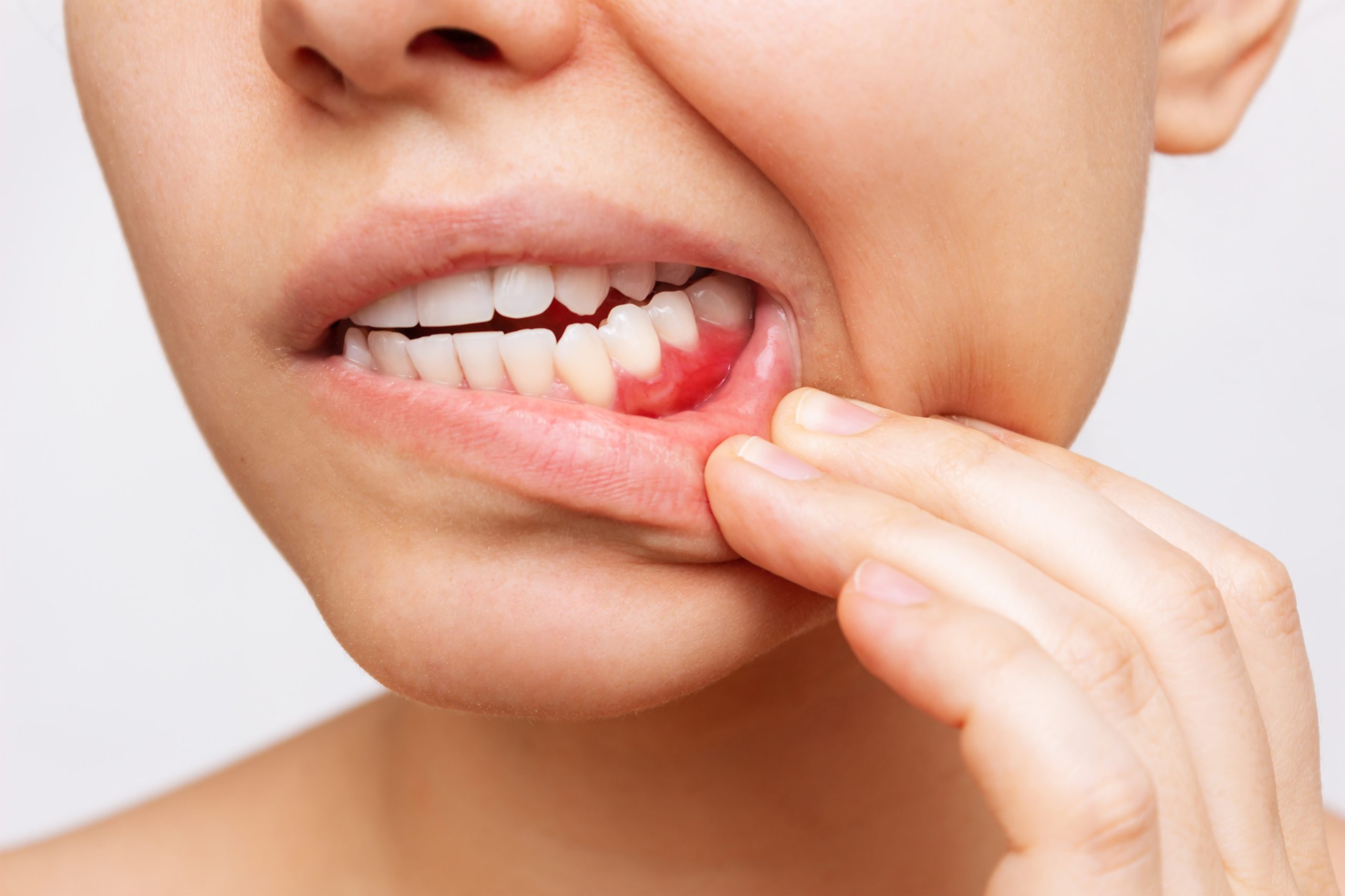Periodontal disease is a form of gum disease that can cause bleeding during brushing and potentially result in tooth loss. This dental condition is more common than you may think, but it can be treated. The experts here at Forestside Dental have put together this guide to periodontal disease - covering everything from symptoms to causes and treatments.
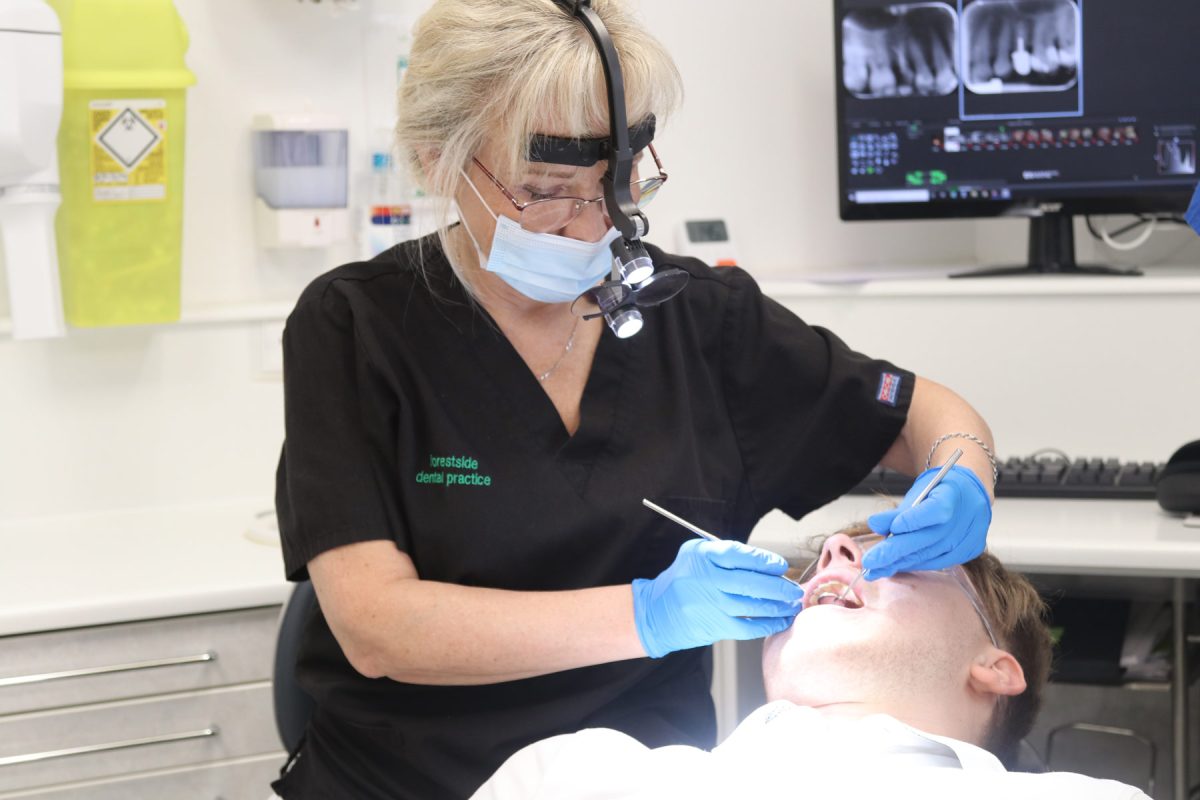
Symptoms of Periodontal Disease
Here is an alarming fact: untreated periodontal disease can lead to tooth loss. It sounds extreme, but it is true. If you ignore the early signs of gum disease (gingivitis) it can progress into periodontal disease and cause big problems for your teeth.
To stop this from happening, familiarise yourself with the symptoms of periodontal disease and contact your dentist for treatment and advice as soon as possible.
- Swollen gums (inflammation)
- Bleeding gums when you brush your teeth
- Receding gums
- Bad breath
- Pain when chewing
- Teeth feel loose
- Increased sensitivity
- Tender gums
- Bad taste in mouth
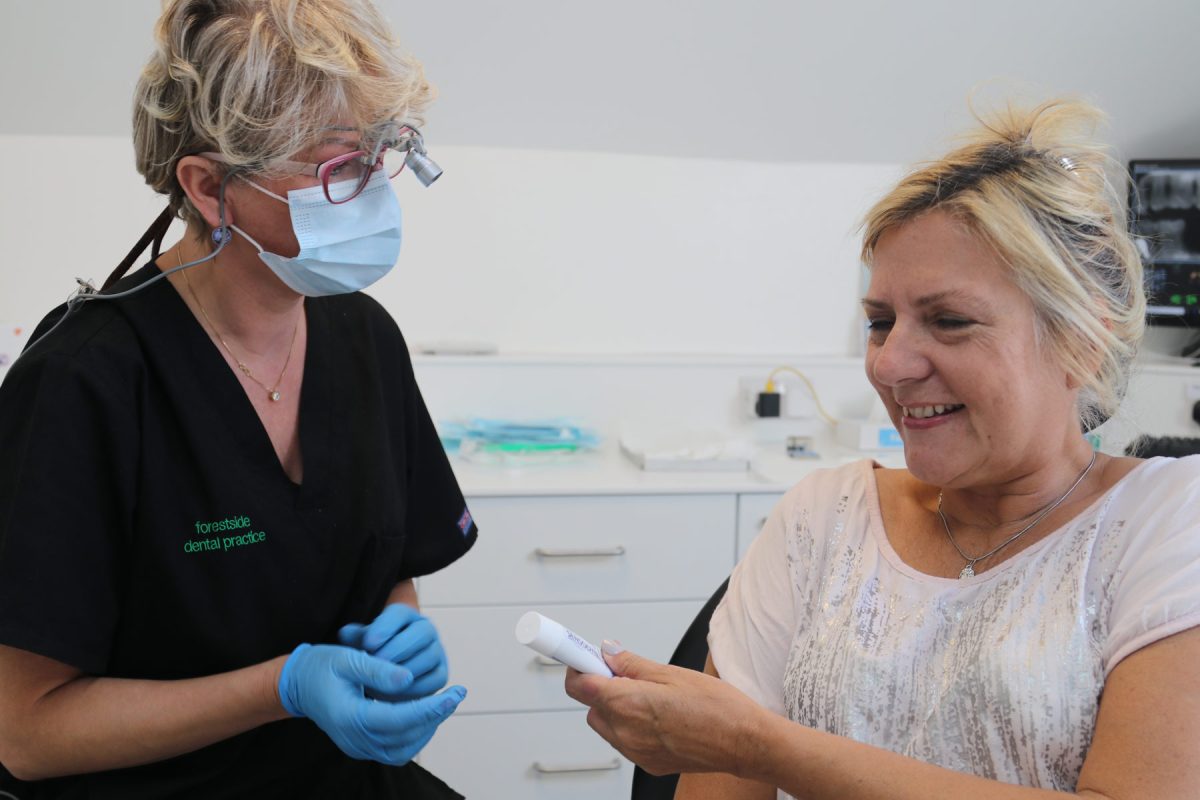
Causes of Periodontal Disease
Periodontal disease is an extremely common condition and there is no need to let embarrassment stop you from seeking help from a dentist. The NHS states that most adults will experience periodontal disease at least once in their life. If you notice that your gums are bleeding or you are suffering from any other gum disease symptoms, it could be due to a number of different reasons.
The most common causes of periodontal disease include:
Poor oral hygiene - When teeth are not cleaned regularly, plaque can build up and cause tartar to form. Once on the teeth, tartar can be extremely difficult to remove without the help of a dentist and the bacteria can lead to gum disease.
Smoking - We understand that it can be difficult to quit smoking, but it is important to know the impact cigarettes have on your oral health. Smoking is linked to several mouth conditions, including periodontal disease. Cigarettes weaken the immune system and can cause bacteria to thrive inside the mouth.
Existing diseases - If you suffer from certain health conditions, you may also be more at risk of developing periodontal disease. Illnesses linked to periodontal disease include diabetes, AIDS, Crohn’s Diseases, Lupus and other autoimmune conditions.
Compromised immune system - A compromised or weakened immune system can cause many symptoms around the body and this includes the gums. If you are deficient in Vitamin C and D, you may benefit from taking supplements to improve your immune system. Certain medications can also negatively impact the immune system and result in poor gum health.
Hormonal changes - Hormone imbalances and fluctuations are also a common cause of periodontal disease. For example, pregnant women are prone to dental issues that can lead to periodontal disease if left untreated.
Stress - Stress can cause havoc on the immune system and as we previously mentioned, the weaker the immune system, the higher the risk of periodontal disease. When we are living in a state of high stress, our immune system can fail to function as it should, giving the bad bacteria in the mouth the opportunity to thrive.

How To Treat Periodontal Disease
If you think you may have periodontal disease, book an appointment to see a dentist as soon as possible. This condition will not get better on its own and can result in tooth loss if left to progress too far.
A trained dentist can spot the signs of this common mouth condition and will likely offer one or more of the following treatments:
Antibiotics - prescribed to control the bacterial infection.
Scaling - removes plaque and tartar from the teeth and from below the gumline. The dentist will use specialist equipment to scale your teeth and restore your gum health.
Root planing - If your gums have started to separate from your teeth, root planing may be recommended. This treatment involves smoothing the root surfaces, to prevent the buildup of tartar again in the future.
Gum graft surgery - For badly receded gums, gum graft surgery may be required. This procedure involves taking gum tissue from somewhere else in the mouth (usually the roof) and placing it over the exposed root.
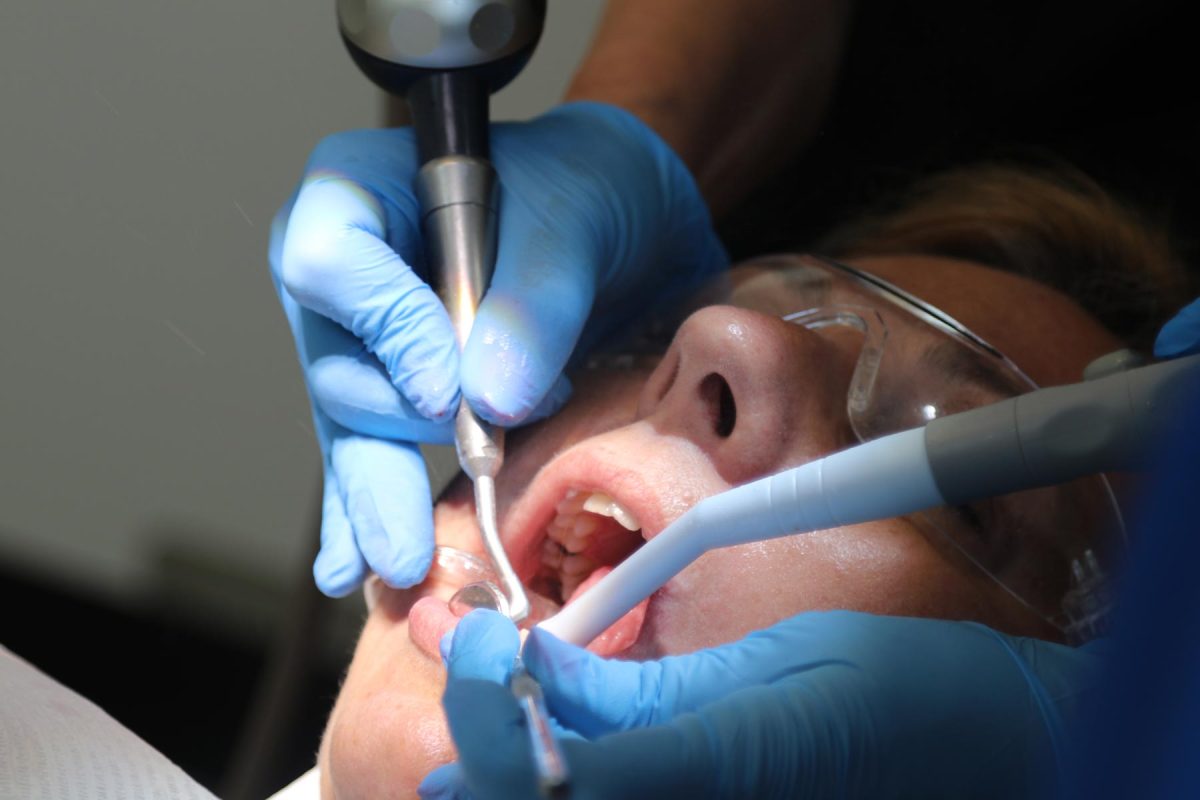
Dental Care Tips
While periodontal disease can be treated, prevention is always the best course of action. There are many steps you can take to care for your teeth and gums, all of which will help to reduce your risk of periodontal diseases in the future.
Here are our top dental care tips:
- Brush your teeth twice a day with a good quality toothpaste
- If possible, use an electric toothbrush - find out our top recommendations here
- Use floss or interdental brushes to clean between your teeth every day
- Avoid smoking cigarettes
- Attend routine dental appointments
- Eat a healthy and balanced diet
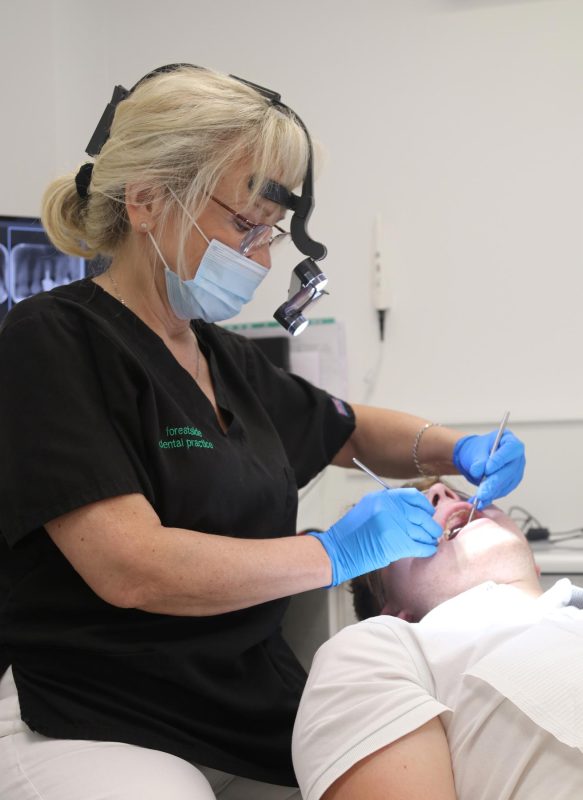
Periodontal Services At Forestside Dental Practice
Forestside Dental is a private practice based in Dibden Purlieu. We offer various periodontal treatment options to residents in the New Forest, Southampton and the surrounding areas. We can help to treat and prevent gum diseases and our expert dentists will put together the best treatment plan for your needs. You can protect your smile with our periodontal care services.
Contact the Forestside team today by filling in our online contact form or calling 023 8087 9088. You can also use our online booking form to make an appointment today.
